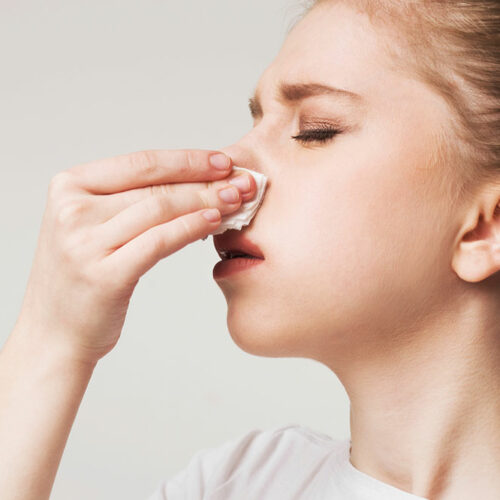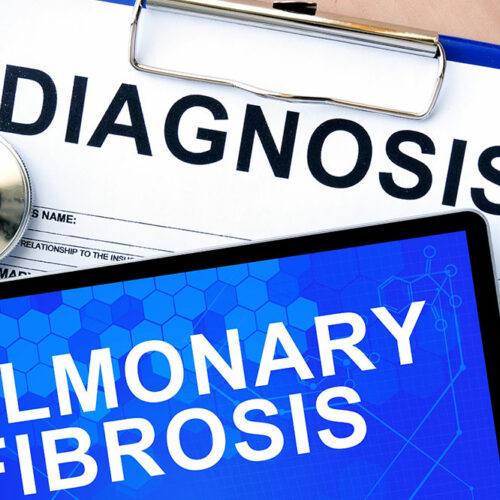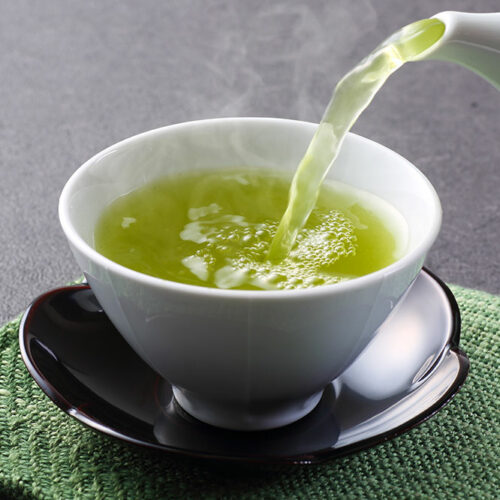
Nasal polyps: Symptoms, home remedies and more
Nasal polyps are soft, benign growths that occur on the inner linings of the nasal passages, otherwise known as sinuses. In some cases, these polyps can grow incredibly large and cause breathing problems and other complications. Moreover, they can also lead to different kinds of frequent infections if not treated on time. These are often observed in people who have asthma, a recurring infection, allergies, or other similar disorders. Symptoms Small nasal polyps can often go unnoticed since they do not affect one’s quality of life in any way. Polyps are only diagnosed when they grow to be considerably large and cause blockages in the nasal pathways. Nasal polyps also lead to chronic sinusitis that can often be diagnosed through symptoms like a runny and stuffy nose, poor sense of smell, headache and pain in the facial muscles, and frequent nosebleeds. If a person starts having trouble breathing or they experience swelling around the eyes and double vision, they must immediately consult a doctor. Risk factors of nasal polyps Although nasal polyps can occur in any individual in their 30s or 40s, there are certain health conditions that make people more vulnerable to nasal polyps. These are conditions that cause long-term irritation and swelling in the nasal passages and restrict breathing. Asthma is one of the most common health conditions associated with nasal polyps. Other conditions include cystic fibrosis, Churg-Strauss syndrome, and health concerns, like aspirin sensitivity and vitamin D deficiency. It is also noted that people with a family history of nasal polyps are more likely to develop them sometime in their life. Foods that help prevent nasal polyps People who are suffering from asthma or certain allergies, as well as those with a family history of nasal polyps are more vulnerable to developing the condition. There are certain foods that can help prevent the growth of nasal polyps in such individuals.
Read More 






